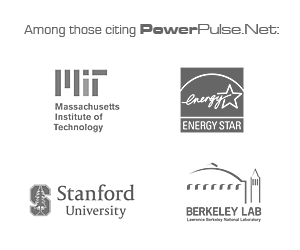AEi Systems Designing Power System For World’s Largest Particle Accelerator
AEi Systems announced that the Large Hadron Collider (LHC) at CERN (the European Centre for Nuclear Research) near Geneva, Switzerland, has engaged AEi Systems to design and develop a radiation-hard power supply for CERN’s giant ATLAS particle detector. It is claimed that the LHC will be the world’s largest and most powerful particle accelerator when it begins anticipated operations in 2008.
The contract was awarded by the United States Department of Energy’s Brookhaven National Laboratory, which heads the United States ATLAS collaboration. AEi Systems joined forces with Algen Design Services, a specialty electronics manufacturer, to win the design project.
The ATLAS experiment at the LHC will take place in a unit the size of a 7-story building and will cause protons to collide in and near the ATLAS particle detector at record energies of 7 TeV (7 trillion electronvolts) per proton. The power supply for ATLAS is located close to the front-end crate of its liquid-argon calorimeters, and therefore the power supply will have to perform in one of the most challenging environments on earth, facing high radiation (up to 100krad), single-event effects (hadrons with E greater than 10MeV), and a large magnetic field (300Gauss). Radiation causes most commercial power supplies to short out in the 10-30krad range due to degradation of the internal semiconductor devices used in feedback loop and switching transistors. In addition, magnetic fields can cause the power supply’s magnetics to saturate.
"We are very proud and excited that AEi Systems has been selected to design this very important power supply," said Charles Hymowitz, Managing Director of AEi Systems. "AEi Systems’ record of space and satellite achievement is especially applicable when customers need products to operate reliably under such harsh radiation conditions. The development of this robust power supply using ’off-the-shelf’ parts is a landmark achievement in power supply design."
ATLAS is described as one of the largest collaborative efforts ever attempted in the physical sciences, with participation from 2,000 physicists from more than 167 universities and laboratories in 37 countries.
























